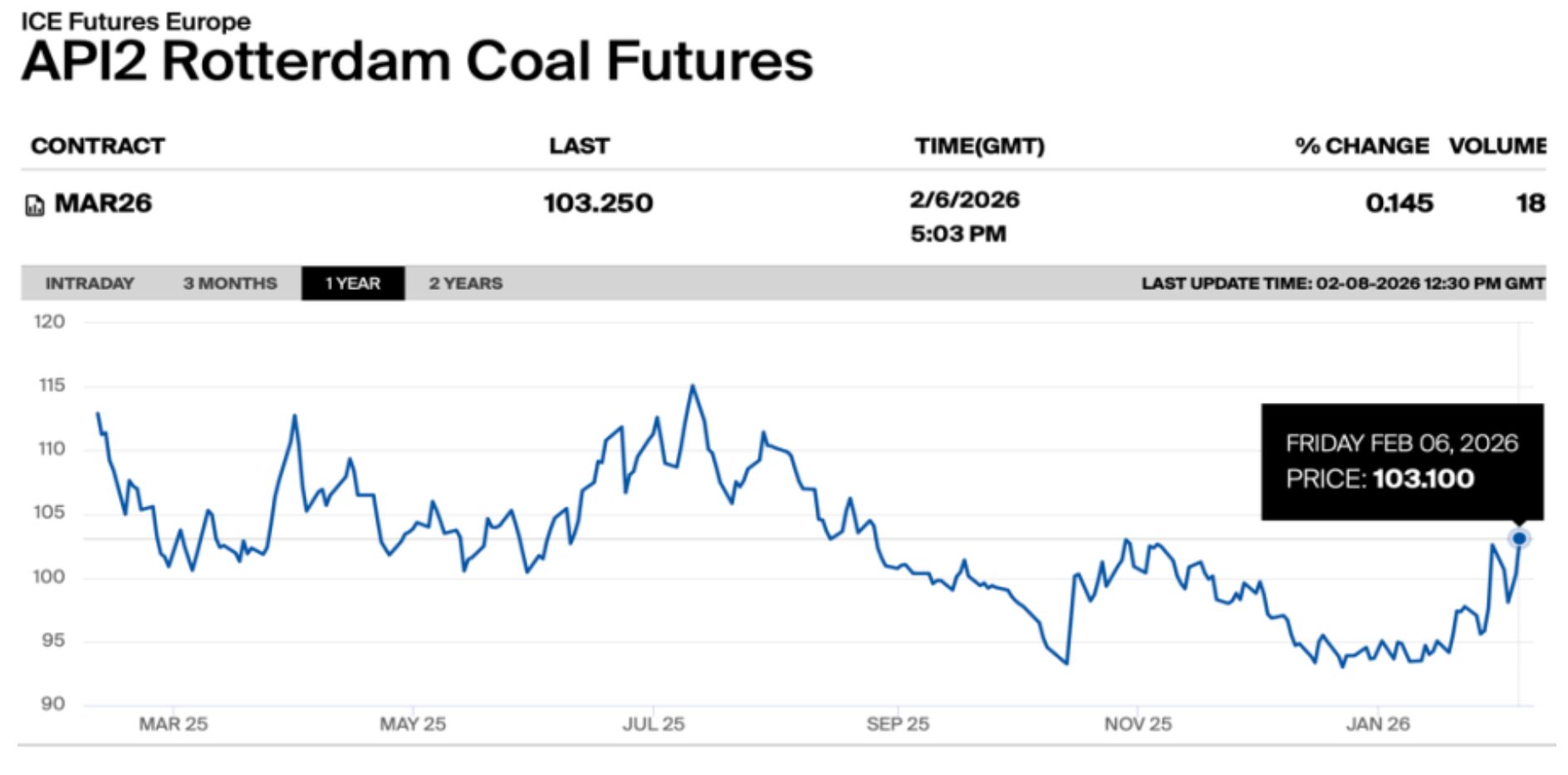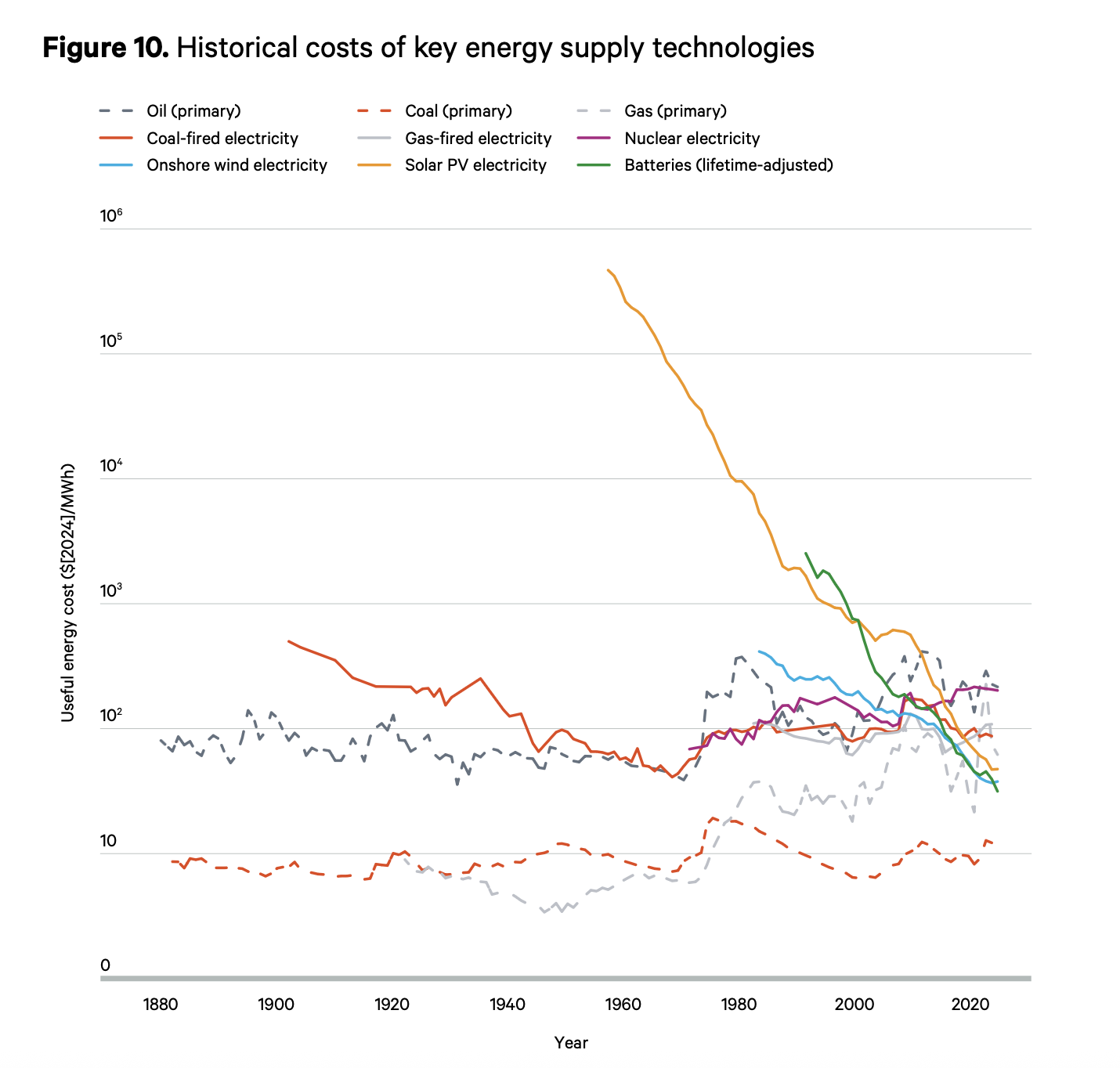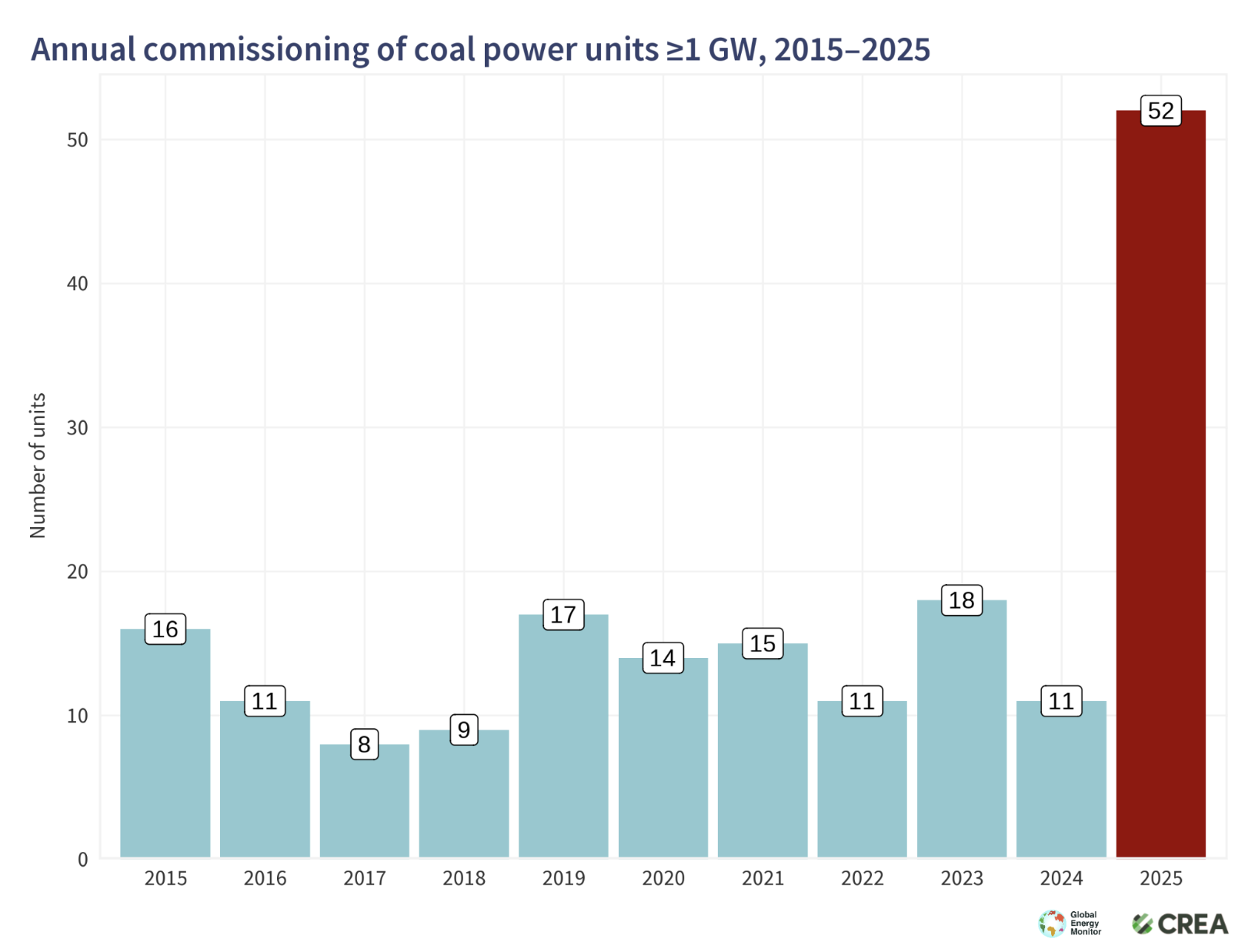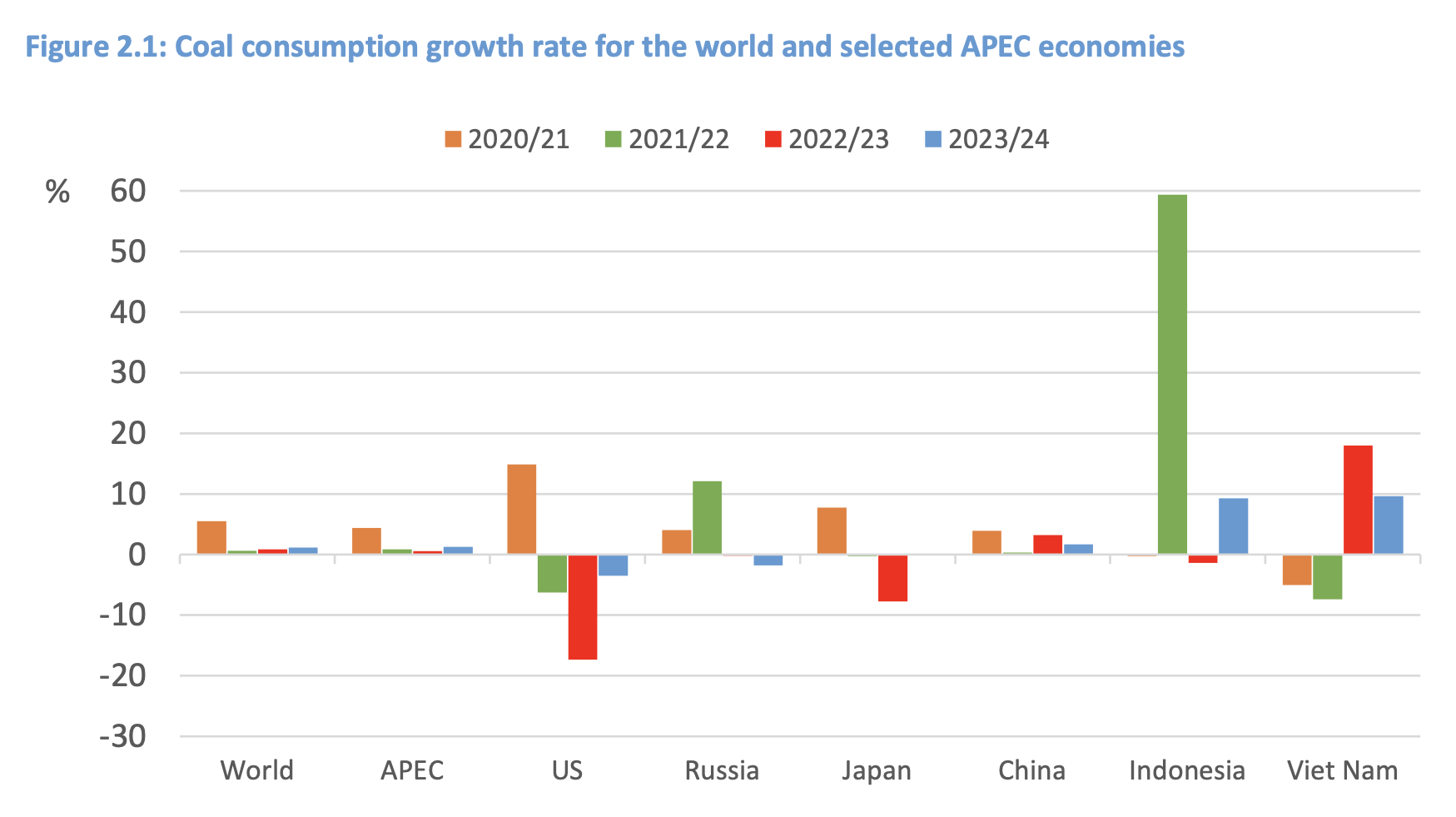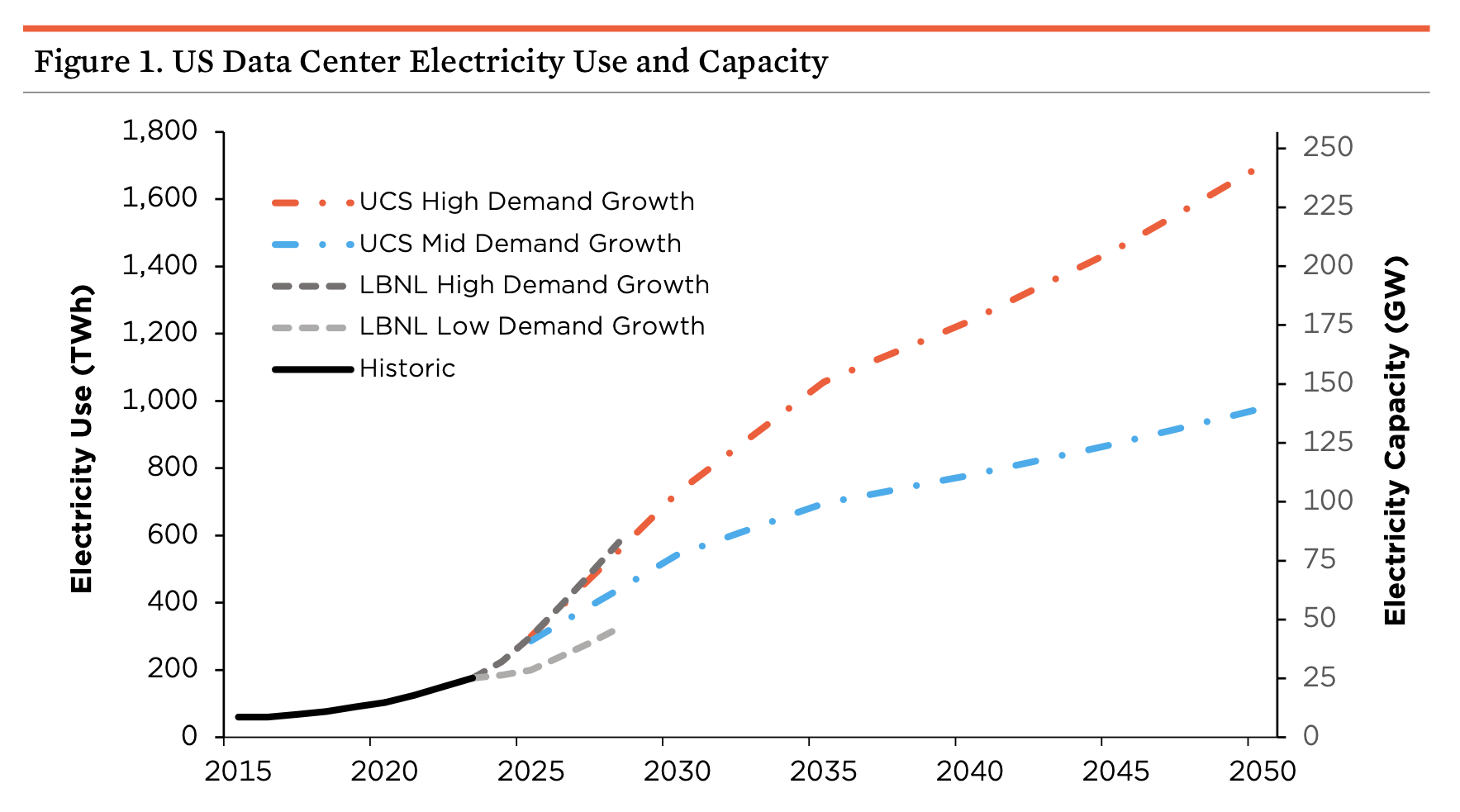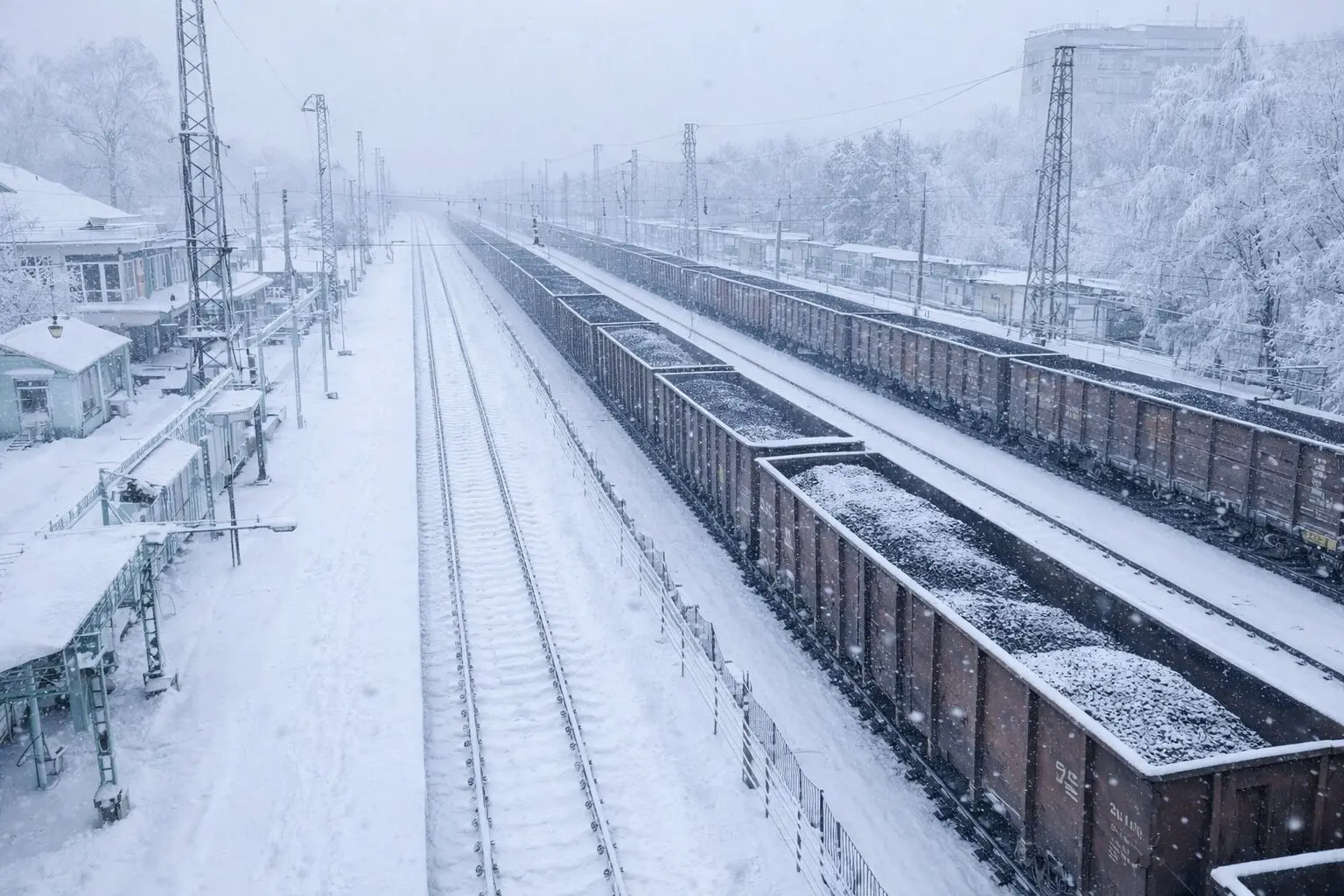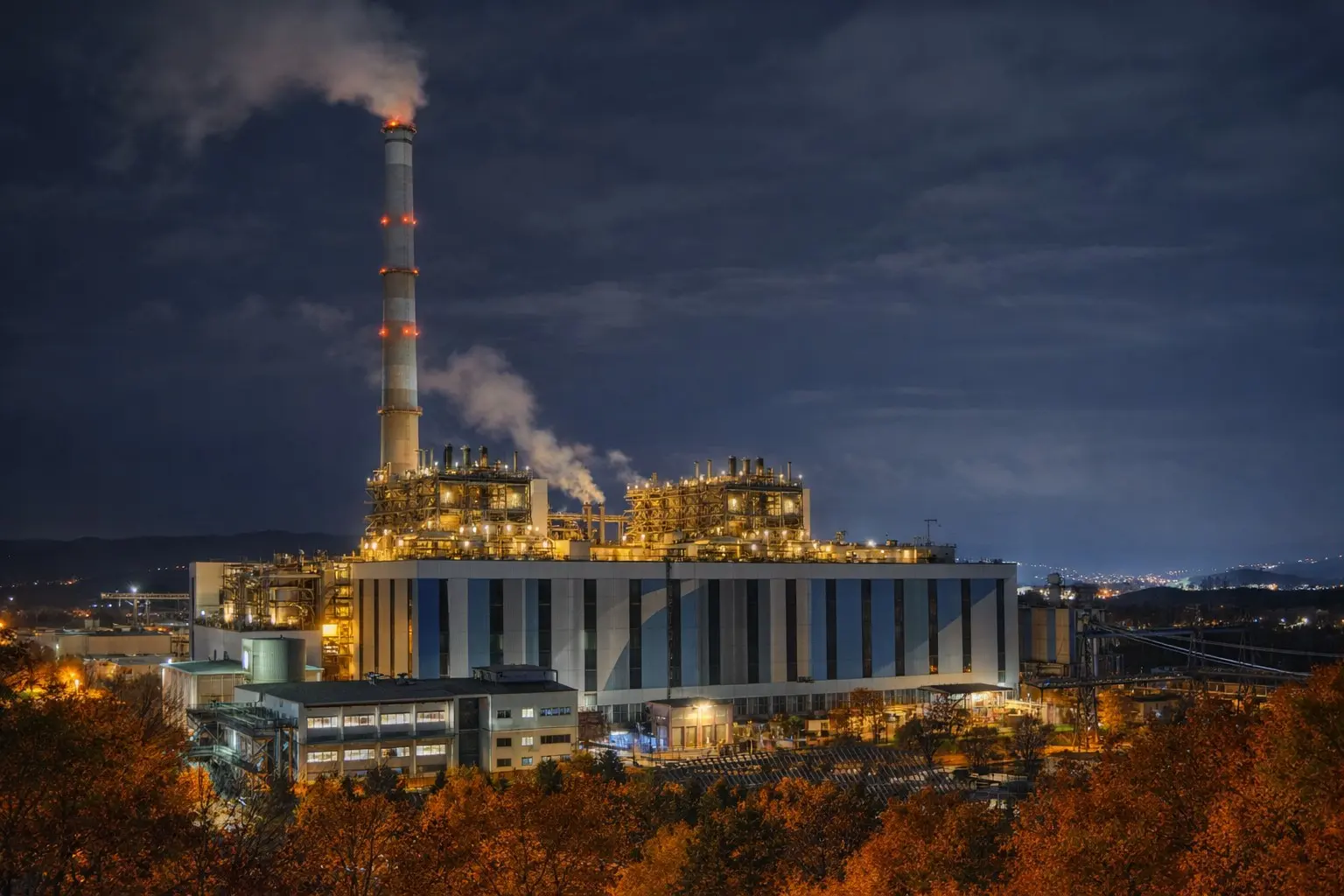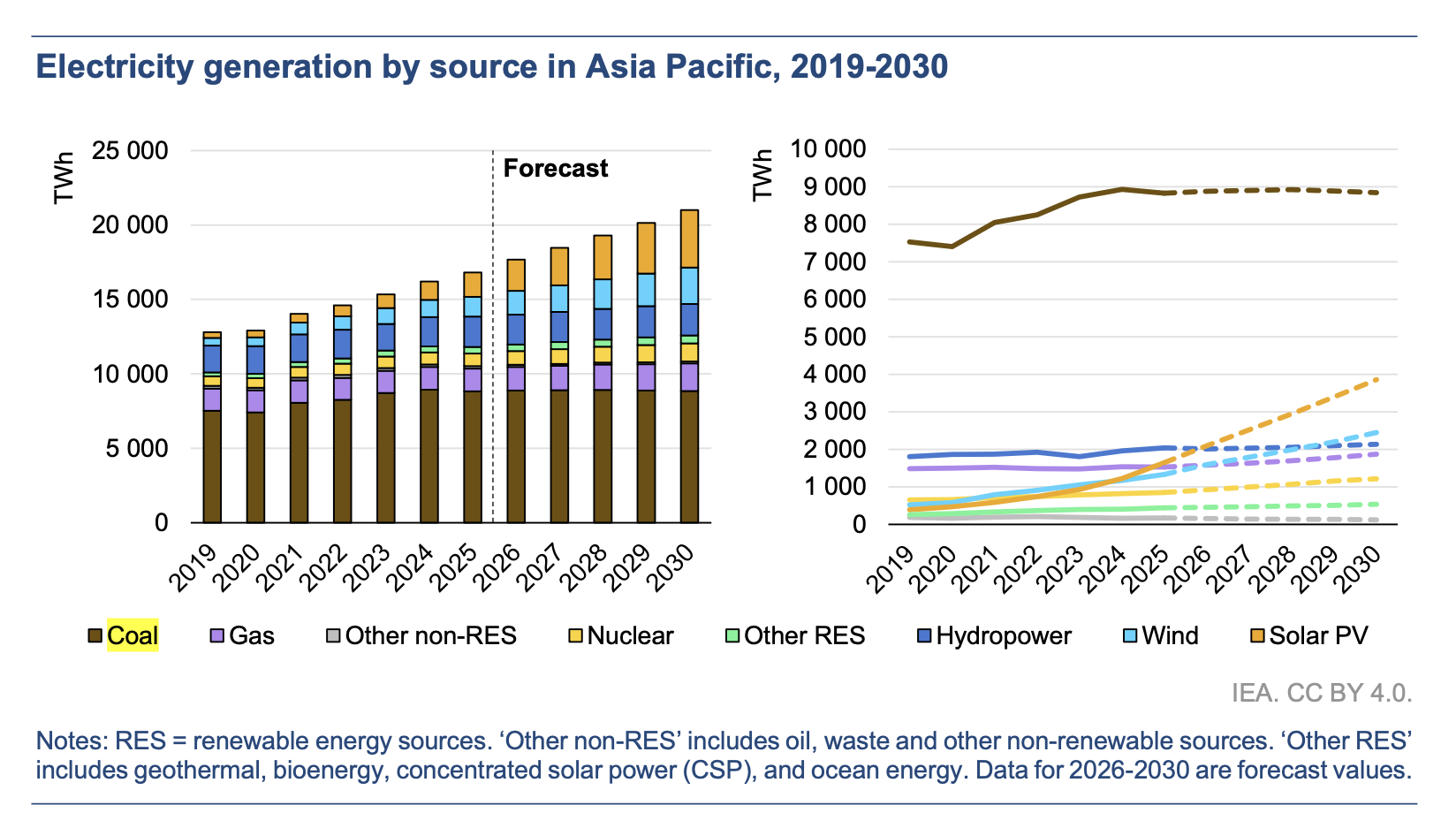

Coal-fired power stations are responsible for around a third of Germany’s carbon emissions. Failure to reduce the persistently high level of coal-fired power generation threatens Germany’s climate targets for 2020 and 2050 and undermines a sustainable energy transition.
Calculations by DIW Berlin and other expert opinions prove that, in the long term, lignite, in particular, is no longer relevant for the German energy system. However, if there is no significant increase in the price of CO2 emission certificates in the near future, a market-driven transition from coal to less CO2-intensive energy sources, such as natural gas, is unlikely to occur.
Presently, a number of options for reducing the level of power generated by coal are being dicussed. Along with the reform of the Emissions Trading System (ETS), proposals also include minimum energy efficiency levels or greater flexibility requirements, national minimum prices for CO2 emission certificates, capacity mechanisms, a residual emissions cap for coal-fired power stations, emissions performance standards, and network development planning that respects the climate targets. The proposals address both existing and planned coal power plants.

